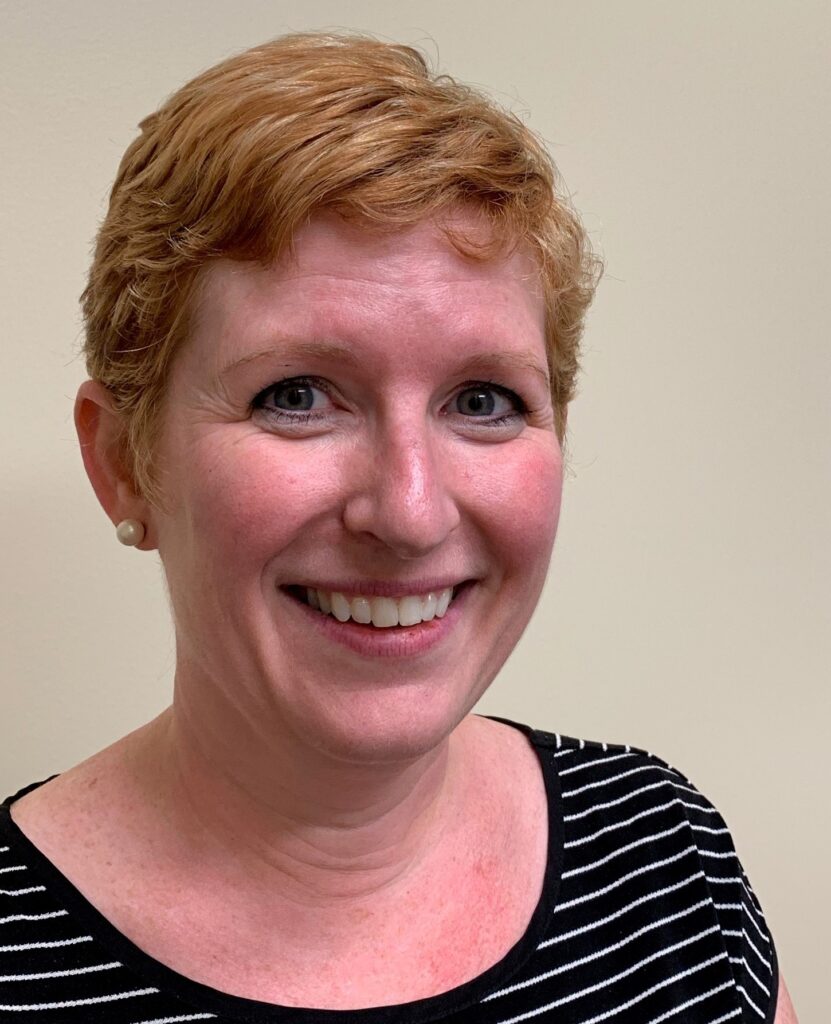Beck Institute launched its inaugural Cognitive Behavior Therapy (CBT) Certification program in 2019 to encourage excellence in the clinical practice of CBT. In the three years since we launched our program, 956 people have applied to the program from 41 countries with a range of postgraduate degrees, including MSW, MEd, MA, in addition to PhD, MD, PsyD, and more. To date, 71 clinicians from 18 countries have attained Beck Institute CBT Certification. We are proud of the positive impact our rigorous program has had on our certified clinicians and their clients, who benefit from improved outcomes.

Recently, we spoke to Dr. Marci Gaither, a licensed psychologist working with the Veterans Health Administration, about what Beck Institute CBT Certification means to her and how it has helped her clinical practice.
Tell us about your organization and your role. What made you decide to get certified at Beck Institute?
I am a licensed psychologist with the Veterans Health Administration (VHA), which is the USA’s largest integrated healthcare system. I am the team lead for the outpatient psychosis team, provide services to veterans, and supervise predoctoral interns and postdoctoral fellows. I am also the local Early Psychosis Intervention Coordination (EPIC) point of contact and am one of three psychologists in VHA providing Recovery-Oriented Cognitive Therapy (CT-R) and CBT for Psychosis (CBTp) through the National TeleMental Health Center (NTMHC), which uses an expert-consultation model. I decided to pursue the CBT-Certified Clinician status because I believe that the Beck Institute is the gold-standard in CBT training. I value continuous learning across my professional career to keep my skills sharp as a subject matter expert for both the veterans that I treat and the trainees that I supervise.
Do you feel that BI CBT Certification helped your career? If so, in what way(s)?
I think that being recognized as a BI CBT-Certified Clinician helps me to stand out amongst my peers as someone who has achieved exceptional training. I was particularly thrilled to learn that I am the first person, nationwide, in the VHA to receive this certification!
Why did you choose CBT?
Early in my training, I chose CBT as my theoretical orientation because it matched my lived experience. I could completely relate when I was learning about how different types of thought patterns could drive emotional and behavioral responses. It just made sense to me. I also value the research base supporting CBT as an effective strategy for working alongside clients to help decrease distress and dysfunction and help them to live their best lives.
What was your favorite part of the BI CBT Certification process?
The whole process is rigorous and well done. However, my favorite part of training through the Beck Institute, and a component of the BI CBT-CC, had to be the individual Supervision program. I worked with both Dr. Nicola Wright and Dr. Ellen Inverso during Supervision because I chose to do two rounds. Both experiences were spectacular! There really is no substitute for that level of individual, detailed case consultation in providing high-quality care to our nation’s veterans. Those experiences improved me as a psychologist and led to wonderful ongoing professional relationships.
Is there anything else you’d like to share about your experience in Beck Institute’s CBT Certification program?
I want to sincerely thank the Beck Institute staff for their flexibility in working with my institutional constraints and still allowing me to get training throughout the years!